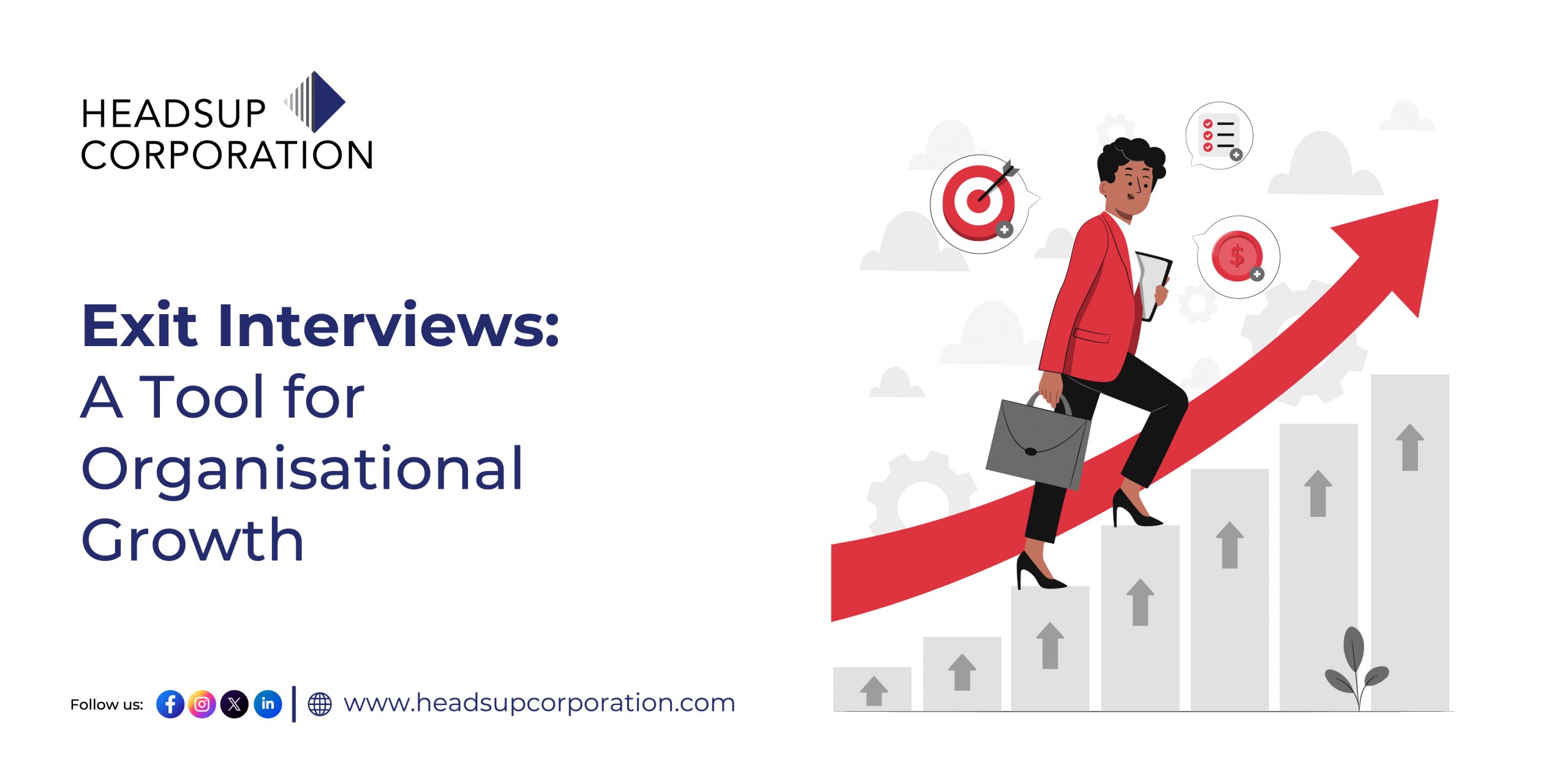Employee turnover is inevitable, but how an organisation handles departures can significantly impact its culture, retention strategies, and long-term growth. Exit interviews, when conducted thoughtfully, are more than just a procedural formality; they are a strategic tool that provides actionable insights to strengthen your workplace.
According to HR research, organisations that systematically use exit interviews can reduce voluntary turnover by up to 25%. Beyond numbers, these conversations reveal opportunities to improve leadership, employee engagement, and overall organisational health.
Why Exit Interviews Matter for Growth?
Exit interviews give departing employees a platform to share honest feedback on management, culture, career progression, and workplace dynamics. Unlike surveys, these conversations allow for nuanced discussions, uncovering root causes of attrition and highlighting areas for improvement.
Organisations that actively analyse exit interview data can:
- Identify recurring issues in management or processes
- Improve employee engagement and satisfaction
- Strengthen retention strategies for high-potential employees
- Enhance employer branding and workplace culture
Several studies highlight the strategic value of exit interviews:
- A SHRM (Society for Human Resource Management) report found that 57% of organisations with structured exit interviews used the insights to improve employee engagement, retention, and culture.
- According to a Harvard Business Review study, companies that track exit interview feedback and implement changes see a 20–30% reduction in preventable attrition over two years.
- Research by Gallup shows that understanding why employees leave and addressing systemic issues can significantly enhance organisational performance and reduce turnover costs.
These studies confirm that exit interviews are not just administrative; they are a data-driven tool for organisational growth.
Key Questions to Unlock Growth Insights
To make exit interviews a growth tool, ask the right questions:
1. How was your overall experience here?
An open-ended question that allows employees to reflect on their journey.
2. What prompted you to seek a new opportunity?
Understanding the root cause of departure helps pinpoint what needs improvement.
3. Did you feel supported by your manager and team?
Evaluates leadership effectiveness and team dynamics.
4. Were your career goals and development needs met?
Insight into unmet expectations allows refining career development programs.
5. Were there challenges you didn’t feel comfortable discussing?
Highlights communication gaps and trust issues.
6. What improvements would you suggest for the organisation?
Direct suggestions provide practical, actionable insights.
7. Would you consider returning in the future?
Assesses employer branding and the potential to rehire talent.
The Third-Party Advantage
Engaging a third-party HR service for exit interviews can unlock more candid insights:
- Employees feel safer sharing honest opinions without fear of repercussions.
- Feedback is unbiased, structured, and consistent across departments.
- Data collected is objective, enabling better analysis and actionable recommendations.
Headsup Insights
At Headsup Corporation, our structured exit interviews provide organisations with:
- Unbiased, confidential employee feedback
- Trend analysis to identify key attrition drivers
- Actionable recommendations for leadership development, culture enhancement, and retention strategies
By leveraging these insights, organisations can transform departures into opportunities for growth and continuous improvement.
Exit interviews are more than a routine HR activity; they are a strategic tool for organisational growth. By asking the right questions, listening actively, and analysing data thoughtfully, companies can uncover hidden challenges, improve employee experience, and strengthen retention strategies. When done effectively, every exit becomes a learning opportunity that shapes stronger teams, better leadership, and a thriving workplace culture.








